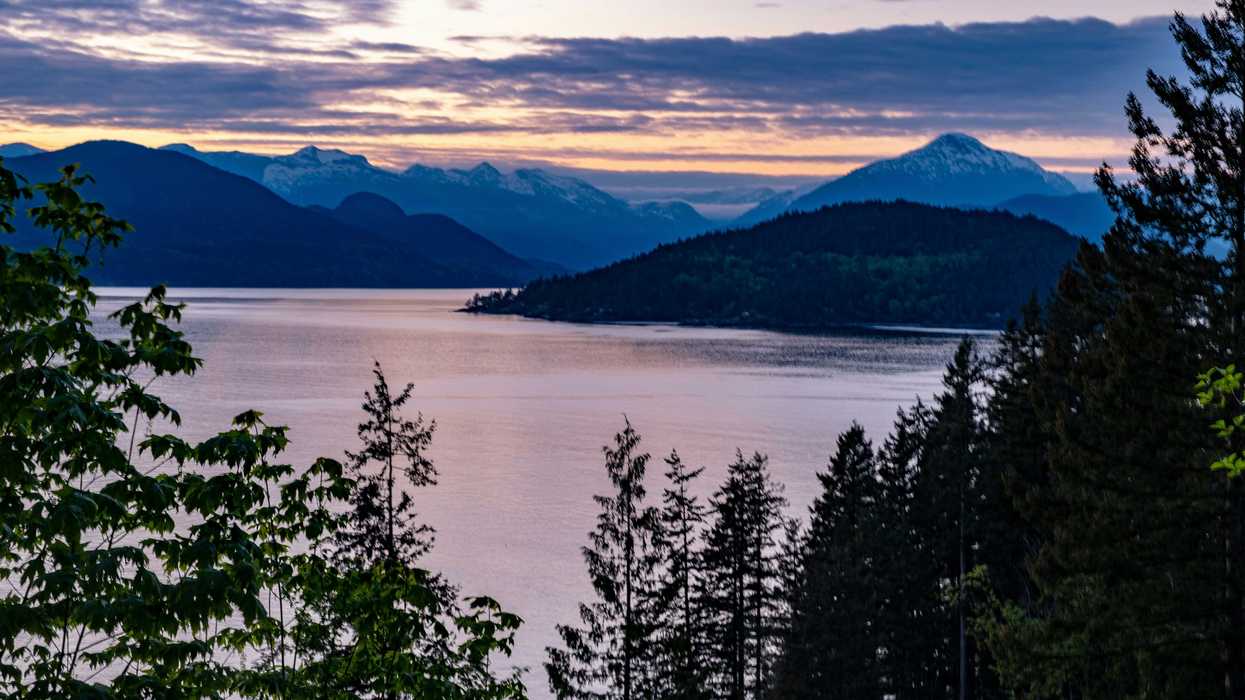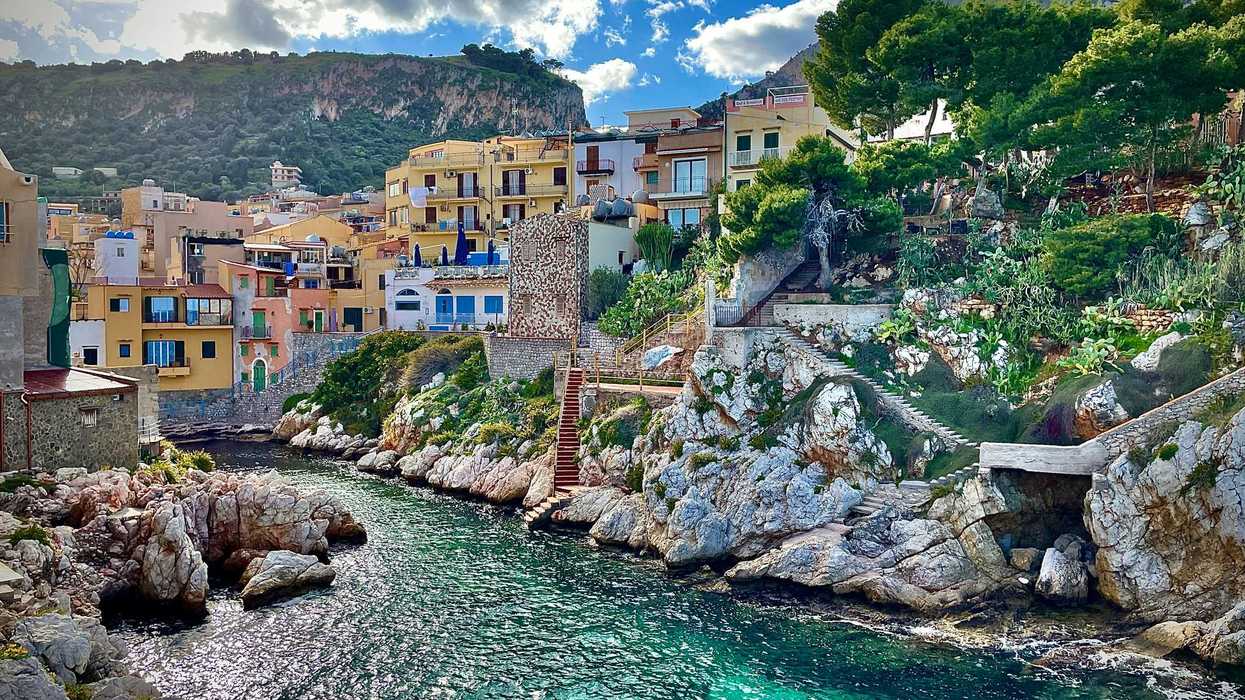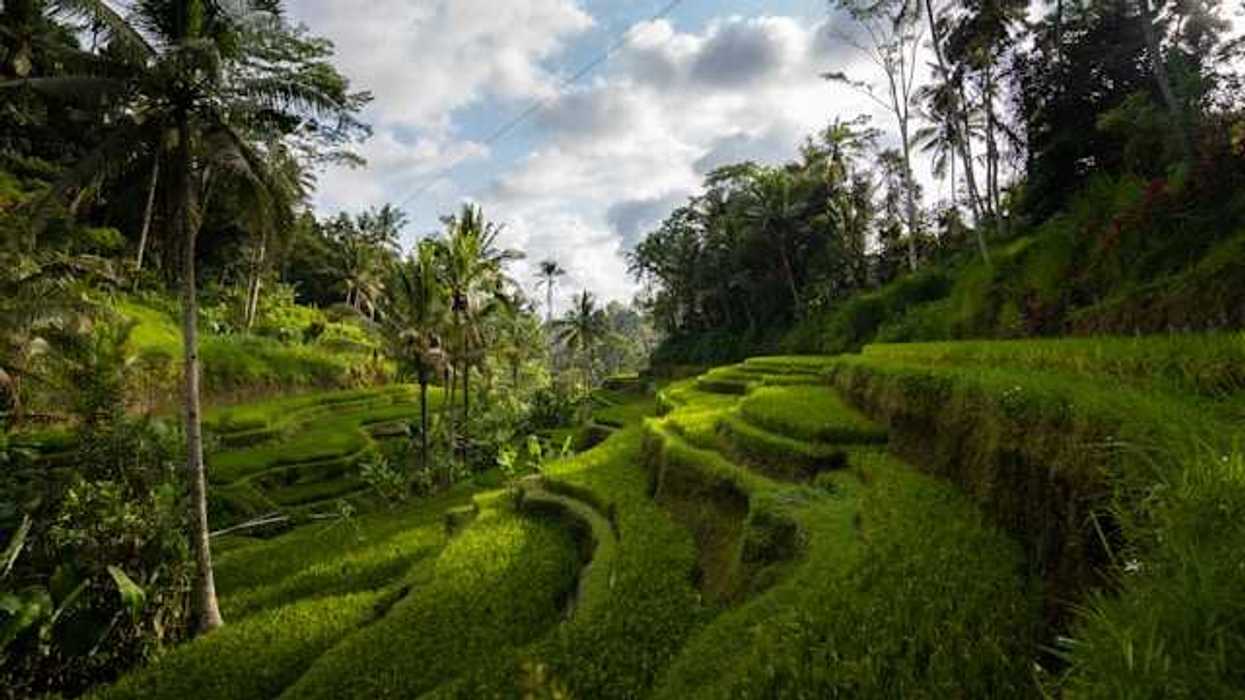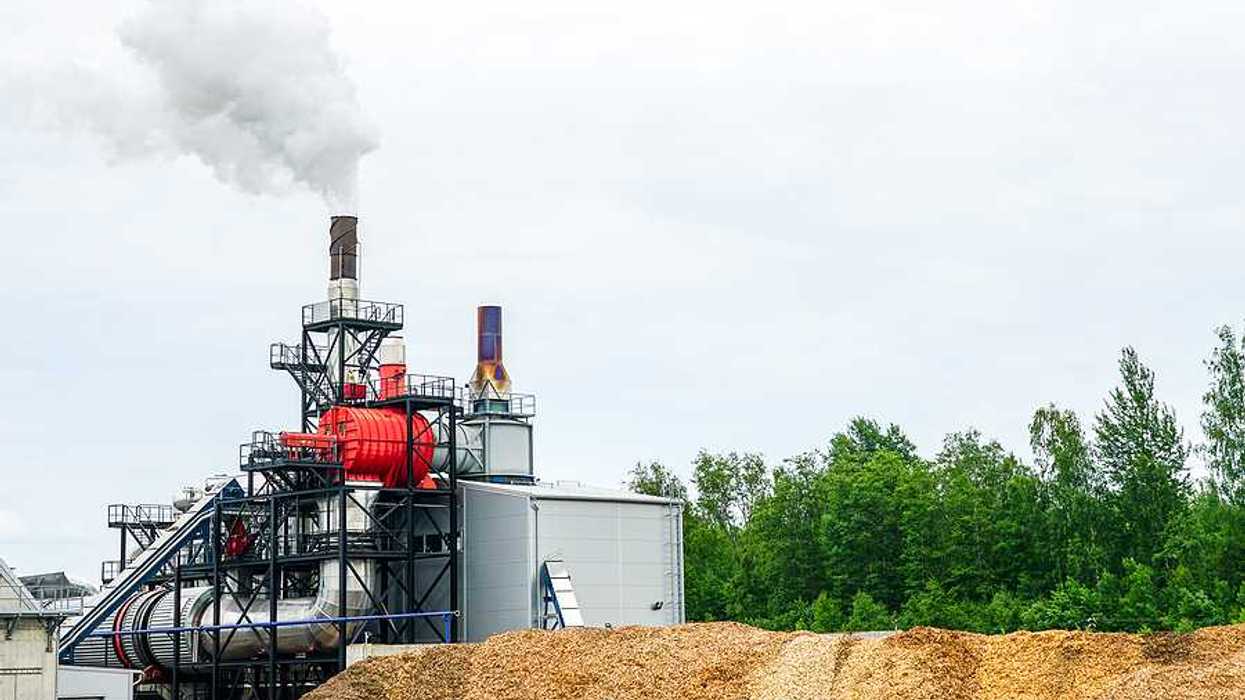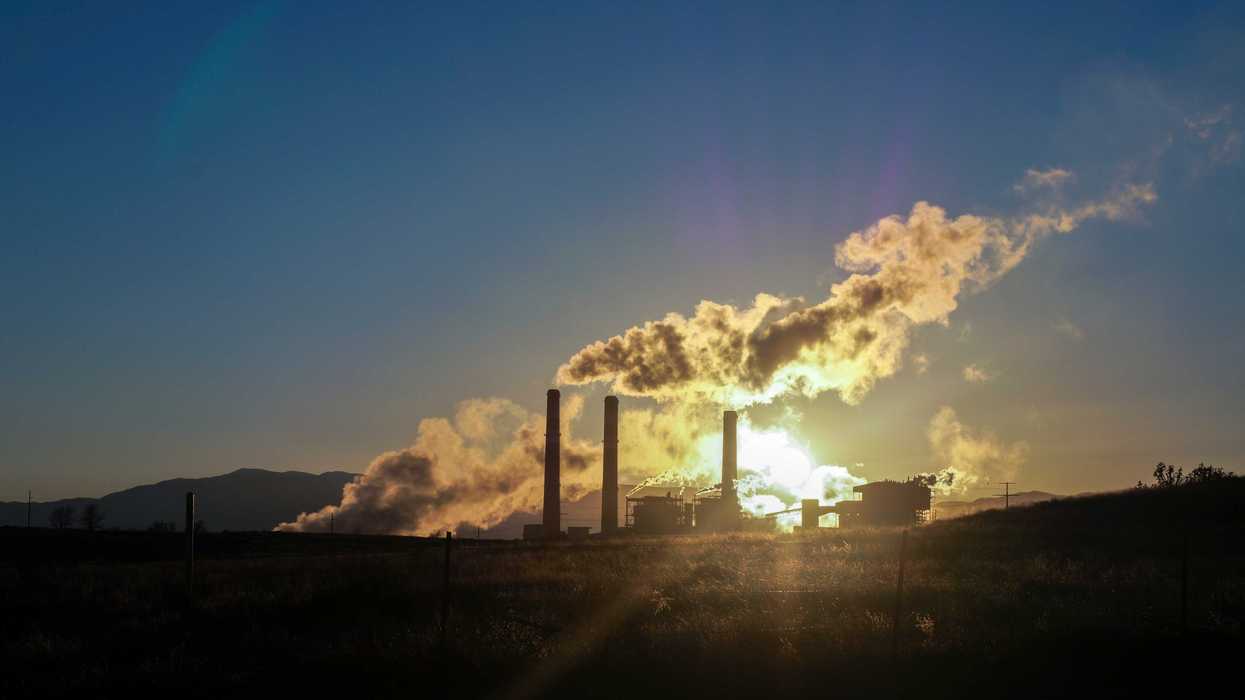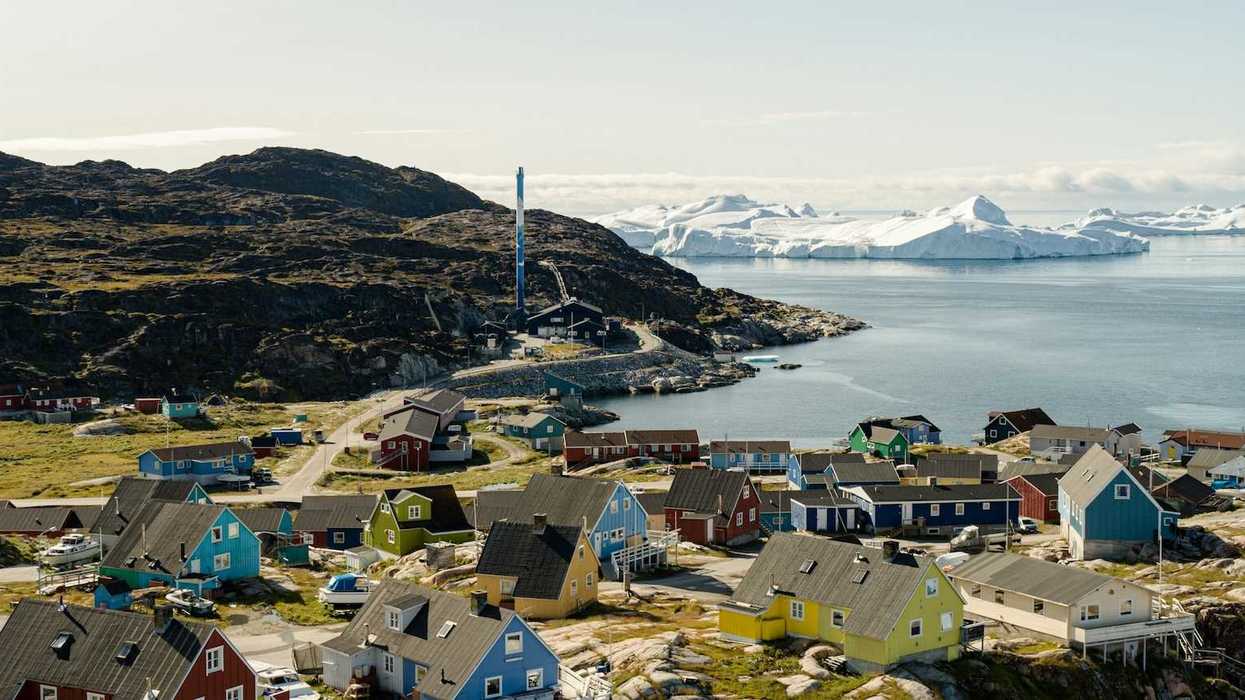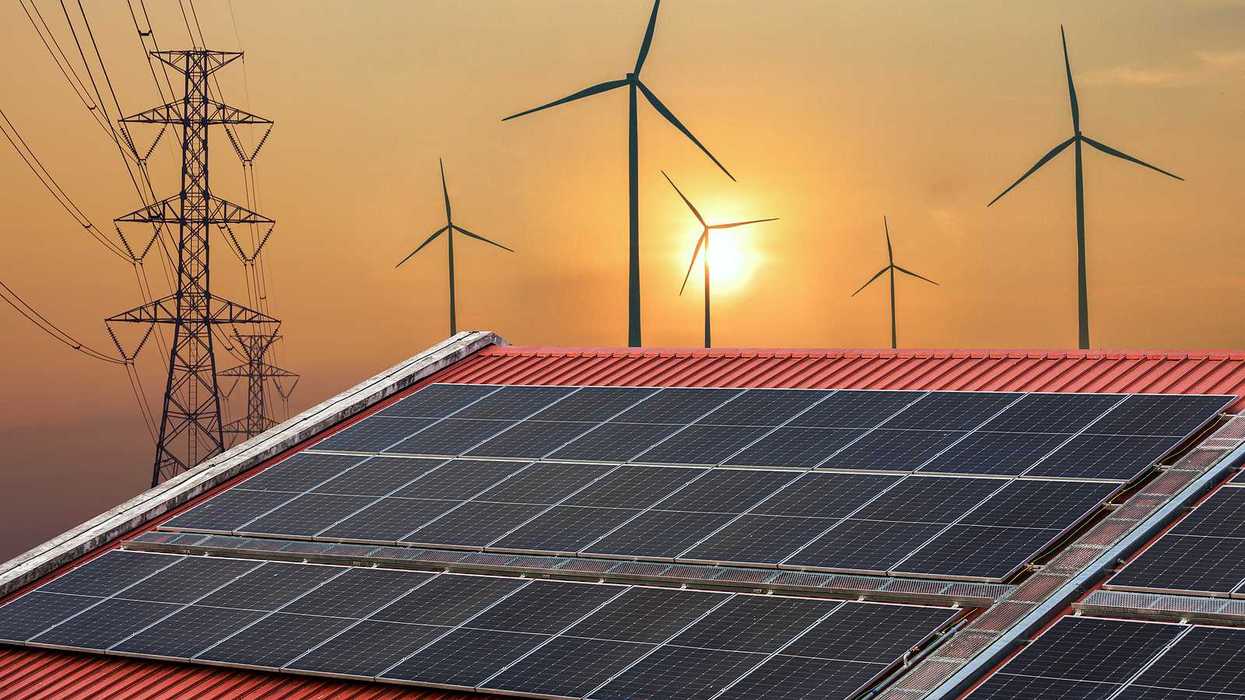Reversing a decade-long pause, The World Bank has resumed funding large hydroelectric dams despite concerns over social and environmental impacts.
Jacques Leslie reports for Yale Environment 360.
In short:
- The World Bank approved a $6.3 billion investment in the Rogun Dam in Tajikistan, which will be the world’s tallest dam, but faces criticism for its displacement of tens of thousands of people and downstream ecological impacts.
- Additional projects, including the $100 billion Grand Inga megaproject in the Democratic Republic of Congo and the Upper Arun Dam in Nepal, are under negotiation despite risks like cost overruns and environmental degradation.
- Critics argue that cheaper, greener alternatives like solar and wind offer better solutions, especially as large dams become less competitive due to rising climate risks and high initial investments.
Key quote:
“The World Bank is revisiting projects it once dropped because of obvious risks, but those risks did not go away.”
— Eugene Simonov, coordinator of the Rivers Without Boundaries International Coalition and a researcher at the University of New South Wales, Canberra
Why this matters:
Large dams promise renewable energy for underserved regions but carry steep costs, including displacement, ecological harm and financial risks. As costs fall for alternative sources of renewable energy, critics question whether the World Bank’s focus on mega dams aligns with global climate and equity goals.



